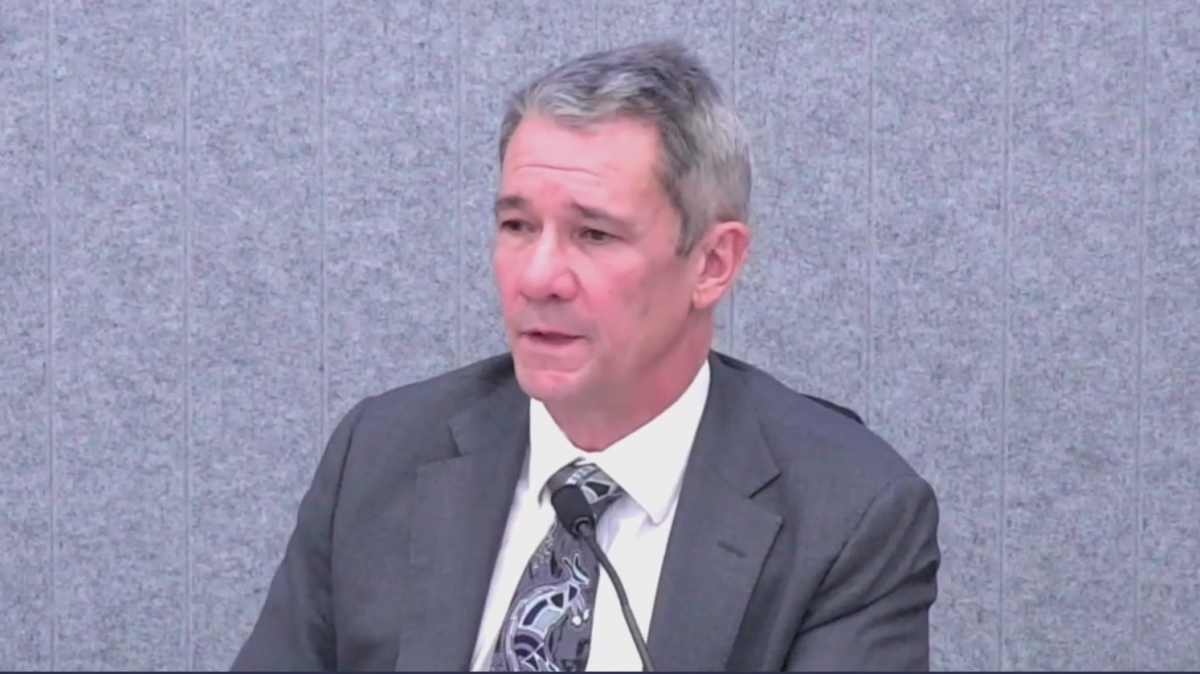
DPP Shane Drumgold answering questions from his counsel Mark Tedeschi KC today (11 May). Photo: Screenshot.
Director of Public Prosecutions Shane Drumgold SC told the fourth day of the Board of Inquiry into the ACT criminal justice system that he no longer believes “political interference” occurred during the Bruce Lehrmann trial.
Mr Drumgold said that the police’s approach to the case was due to a “skills deficit” in the analysis of evidence and conducting of standard of proof tests, as well as their “passionately held” views resulting in an “absence of objectivity”.
The ACT chief prosecutor told the inquiry that, after initially suspecting there may have been “political interference” at play, he accepted these suspicions were mistaken and that his initial concerns that “really strange events” were potentially part of a “political conspiracy” had been allayed after he reviewed statements by the police provided to him.
“My current view is that it was … most likely a skills deficit,” he said on Thursday (11 May), adding, “I was certainly not subjected to any political interference.”
Mr Drumgold has been scathing of the police’s handling of the Lehrmann case, suggesting during questioning by his lawyer Mark Tedeschi KC on Thursday morning that the police “want[ed] to get evidence to weaken the case”.
“‘This is dead … let’s get some evidence to kill it finally’, that was the vibe,” he said.
He criticised the police for proposing to obtain an expert to analyse video evidence of Brittany Higgins and Bruce Lehrmann entering Parliament House to determine whether they appeared to be intoxicated.
“There is no recognised field of expertise of observing drunk people,” he told the inquiry.
Mr Drumgold also said he was concerned that police were “not across the evolution” of the prosecution of sex matters – which are regularly subject to reforms – reflected by the lack of clarity about the standard of proof test required for a suspect to be charged. He said that “there’s terms [being used by police officers] that are unfamiliar to Australian law … like ‘probable cause'”, which “one might see on a US police show”.
As a result of this confusion, “it’s still very unclear what … actual test is being applied”.
The DPP said these issues first came to his attention during the Sexual Assault Prevention and Response (SAPR) case review on the number of sexual assault cases reported to ACT Policing between July 2020 and December 2021.
Mr Drumgold wrote in his statement to the inquiry that he had expressed his concerns to ministers about ACT Policing “undercharging” sex cases, with only around 3 per cent of sexual offences reported to police in 2018, 2019 and 2020 resulting in charges laid.
“There were large numbers of complaints that did not proceed to charge … the overwhelming majority,” Mr Drumgold said. “I’d never seen figures like that … they alarmed me.”
When asked by Mr Tedeschi whether his role in setting up the SAPR review had contributed to the “deterioration” of relations with the police during the Lehrmann trial, Mr Drumgold agreed that “my engagement with police through the Lehrmann matter was very tense … and I feel that potentially my involvement triggering the SAPR stuff contributed to that”, among other factors, particularly as the SAPR review was taking place concurrently with the Lehrmann trial in 2022.
Along with the “outdated analysis of evidence” and “application of an incorrect test”, Mr Drumgold said the police’s approach to the Lehrmann case was led by the fact certain officers were “too passionately” holding “incorrect” views towards the case, which were based on “stereotypical beliefs that there is a standard way a sexual assault complainant will behave”.
He gave the example of the strong wording in Steven Whybrow SC’s statement, which stated that Detective Inspector Marcus Boorman had been “quite distressed about this prosecution”, going as far as to say to Mr Whybrow that “if the jury comes back with a guilty verdict, I’m resigning”.
Mr Drumgold said DI Boorman “held such a passionate view in [Mr Lehrmann’s] innocence that he was willing to leave the job because of it”, and this suggested that “clearly he’d lost objectivity”. He also gave the example of Detective Leading Senior Constable Trent Madders, who he said “was physically ill when charges were laid”.
When inquiry chair Walter Sofronoff asked him why police officers would behave this way, and whether it was “due to their holding onto … rape myths”, Mr Drumgold agreed, but maintained that the major issue was the “complete absence of objectivity”.
“Those views were adopted very early … there’s a significant risk that if those views are adopted early and held passionately, they will just simply create a confirmation bias … and infect the investigation.”












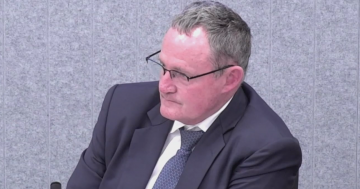
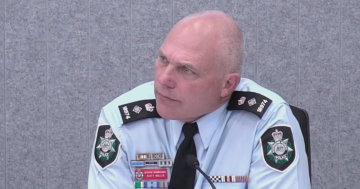
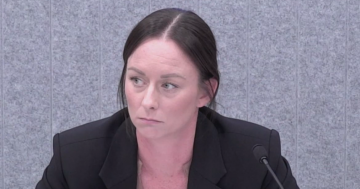
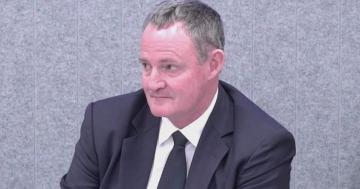
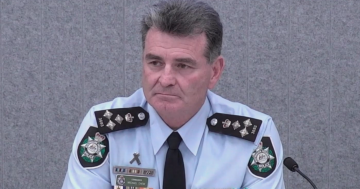
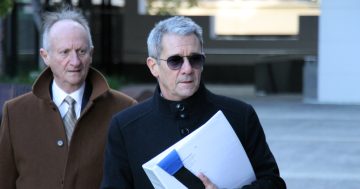
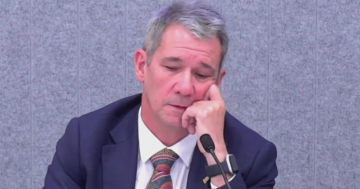

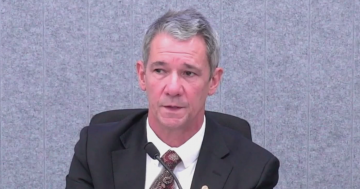

Scotty Cameron. The start is nearly here. View